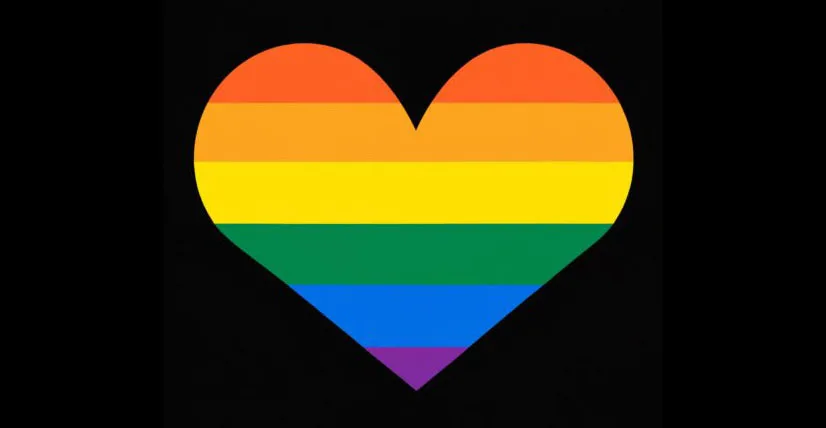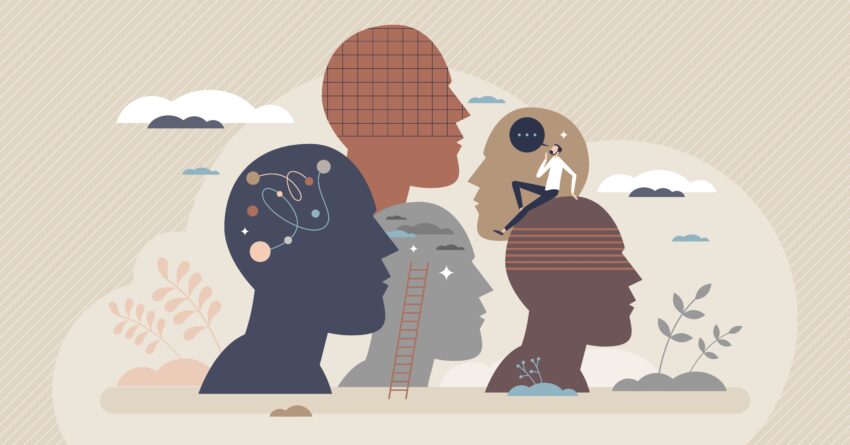The Benefits of Feeling Disappointment
December 3, 2021

I recently began reading Brene Brown’s latest book, Atlas of the Heart. I was really drawn to the section on disappointment. She writes, “There are too many people in the world today who decide to live disappointed rather than risk feeling disappointment….I’ve heard people say that disappointment is like a paper cut – painful, but not long lasting.” I was struck by how much this resonated with me and one of the most challenging struggles, my clients and I work through. And it’s not just feeling disappointment that’s difficult. It’s also difficult to not turn the blame or shame on ourselves rather than gently feeling disappointment, accepting responsibility, grieving, letting go and moving on. When we choose to move forward, we are also choosing to leave something behind. Consequently, most experience loss alongside relief.
DO I STAY OR DO I GO?
Living disappointed rather than feeling disappointment is one of the contributing reasons many individuals continue to stay in unhealthy relationships. These relationships also have moments of enjoyment and calm. It can be hard to accept that the experience of an individual or the dynamic that develops between two individuals is not what it was originally intended or hoped to be. This process of acceptance often requires feeling the unwelcome and unwanted sadness that is part of the experience of loss. And this loss, doesn’t have to mean we lose the relationship. It does mean we have to lose the relationship as it is now. We have to work to transform or created something new that that serves us rather than causes us harm.
WE LIKE WHAT WE KNOW
This is also a big contributor for individuals who remain in all sorts of unfulfilling relationships to a job, a location, a substance. We’ve all heard the saying “. The devil you know is better than the devil you don’t.” We are wired to continue down the path we are most familiar with. We become familiar with or accustomed to what is and what has been. It is part of the human condition to feel scared to try something new. When this fear is coupled with feelings of disappointment it can be paralyzing. And so we stay put. To accept our current circumstance is not what we want it to be, had hoped it would be, and isn’t likely to change can be a tall order.
DISAPPOINTMENT FEELS YUCKY!
Over time the occasional disappointments culminate to feeling disappointment, which is hard to allow oneself to feel especially when it’s in regards to something or someone we also enjoy or care for. To manage that unpleasant feeling we do all of our numbing, avoiding, minimizing, justifying behaviors that keep it at bay enough to continue down the path we know rather than choosing a different path.
PERMISSION TO LEARN from REGRET
We work in therapy to tolerate these unpleasant feelings. We allow them to exist in our bodies and we listen to what information they have to offer. In therapy there is space to grieve the unfulfilled expectations and tolerate the disappointment. I work with clients to accept that they have regret about the current circumstance or actions. This regret is not synonymous with fault. “The idea of no regrets doesn’t mean living with courage, it means living without reflection. To live without regret is to believe we have nothing to learn, no amends to make, and no opportunity to be braver with our lives” (Brown, Atlas of the Heart). Regret has lessons that we want to carry forward. We practice self-compassion. We build internal and external resources to support making different, scary, brave choices to forge a new path of unknown.
If you need support to tolerate feeling disappointment, contact us at Steady NYC.



